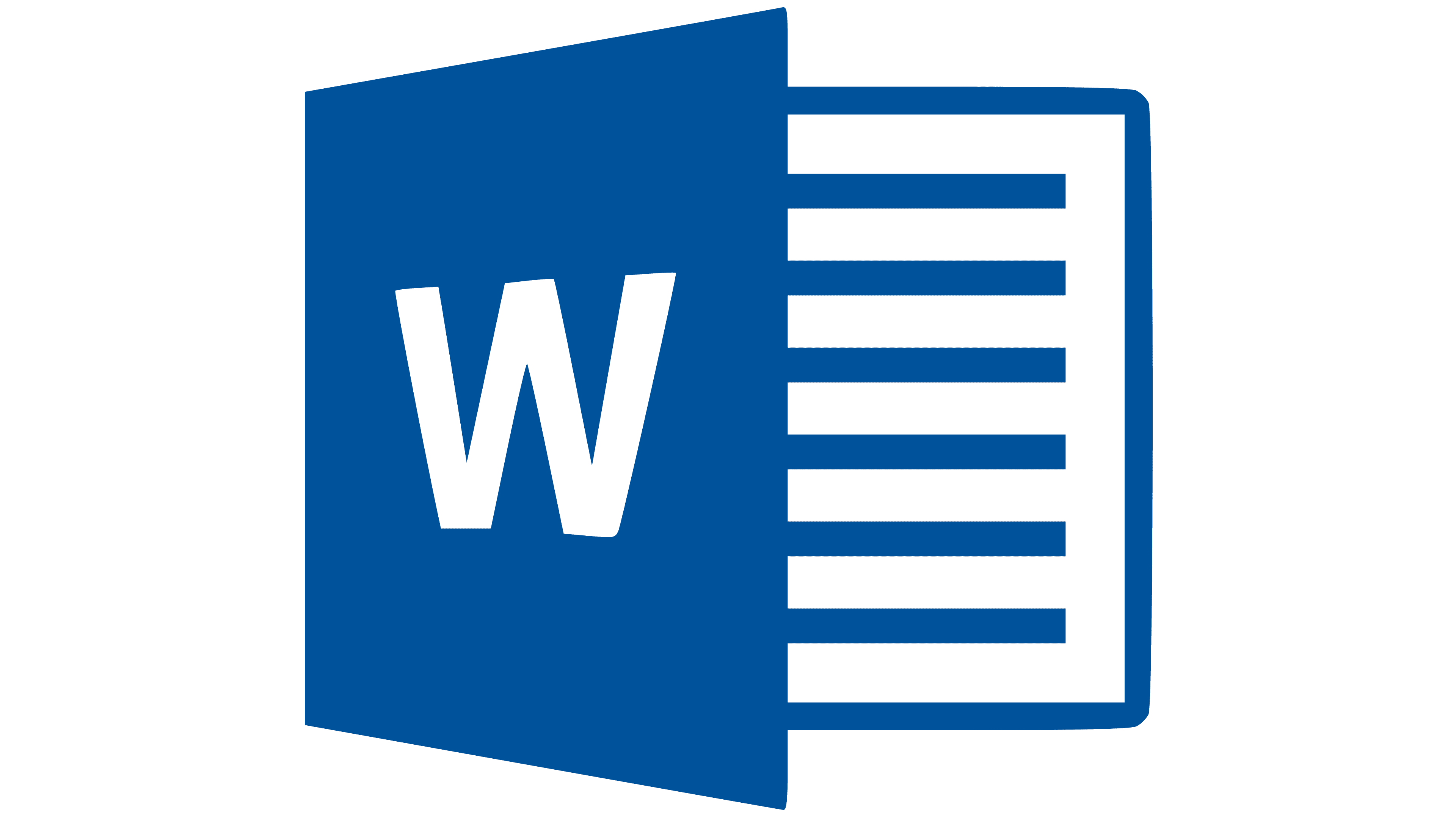Innovation of Sahabat Alam Waste Bank Program (BSSA)
DOI:
https://doi.org/10.55381/isra.v1i1.133Keywords:
Garbage Bank, Management, Social InnovationAbstract
A common problem that is of serious concern in various countries, especially Indonesia, is waste, the second largest contributor to food waste/food waste in the world after Saudi Arabia, a total estimated food waste of 300 kg per capita each year (Hermanu, 2022). So we need a community socio-economic approach that aims to build sustainable solutions. One of the Minangkabau DPPU CSR targets is Kampung Apar Village which produces 400 kg of waste. The social innovation offered to overcome this waste problem is the Friends of Nature Garbage Bank (BSSA) program.
The purpose of this research is to analyze the activities of the BSSA program and the BSSA program innovation in Apar village. There are 2 (two) research issues discussed in this study, how are the activities of the BSSA program and what are the innovations of the BSSA program in Apar village. This study uses the Participatory Action Research method, namely the participatory action research method, with the aim of identifying innovation programs that become the formulation of research problems.
The results obtained from this study are social innovations, such as the Tusa Desa program, the Garbage Bank, BSF Maggot Cultivation, Green Alms, and Used Cooking Oil Management, all of these programs are interrelated to create a society that cares about the environment and is able to manage household waste that is powerfully produced.
Downloads
References
Anggraeni, H., Meiliana, I., Fatahillah, L. A., & Izzalqurny, T. R. (2022). ATEMIJA : Aroma Terapi dari Minyak Jelantah. Prosiding National Seminar on Accounting, Finance, and Economics (NSAFE), 2(1), 57–63.
Armi, A., & Mandasari, D. (2017). Pengelolaan Sampah Organik menjadi Gas Metana. Serambi Saintia, 5(1), 1–11. https://www.ojs.serambimekkah.ac.id/serambi-saintia/article/view/273
Artiyani, A., & Anggorowati, D. A. (2019). Pengolahan Sampah Terpadu Desa Karangkates Untuk Mencapai Zero Waste. Jurnal Industri Inovatif, 9(1), 15–20.
Elza, N. I., Ekayani, M., & Ismail, A. (2020). Pengelolaan Sampah Berbasis Masyarakat: Layakkah Secara Finansial? (Studi Kasus: Bank Sampah Rangga Mekar). Jurnal Ekonomi Pertanian Dan Agribisnis, 4(2), 335–342. https://jepa.ub.ac.id/index.php/jepa/article/view/377/222
Firdaus, N. (2014). Pengentasan Kemiskinan Melalui Pendekatan Kewirausahaan Sosial (Poverty Alleviation Through Social Entrepreneurship Approach). Jurnal Ekonomi Dan Pembangunan, 22(1), 55–67.
Firmandyah, G. C., Herlambang, A. S., & Sumarmi, W. (2021). Peran Sirkular Sampah Produk Untuk Meningkatkan Produktivitas Usaha Masyarakat Desa Bagorejo. Jurnal Pemberdayaan Masyarakat, 9(2), 173–186. http://jurnal.uinsu.ac.id/index.php/PEMAS/article/view/9769/4999
Firmansyah, A., & Taufiq, N. (2020). Sinergi Program Pemberdayaan Masyarakat Berbasis Lingkungan Melalui Inovasi Maggot (Synergy Of The Community Empowerment Program Based On Environment Through Maggot Innovation). Jurnal Resolusi Konflik, CSR, Dan Pemberdayaan, 5(1), 63–70. http://jurnal.unsil.ac.id/index.php/jipp/article/viewFile/2620/1744
Hendrawan, D. (2008). Kualitas Air Sungai Ciliwung Ditinjau dari Parameter Minyak dan Lemak. Jurnal Ilmu-Ilmu Perairan Dan Perikanan Indonesia, 15(2), 85–93.
Hermanu, B. (2022). Pengelolaan Limbah Makanan (Food Waste) Berwawasan Lingkungan Environmentally Friendly Food Waste Management. 1(1), 35–48. https://jurnal2.untagsmg.ac.id/index.php/Agrifoodtech/article/view/52/5425
Kristianto, A. H., & Nadapdap, J. P. (2021). Dinamika Sistem Ekonomi Sirkular Berbasis Masyarakat Metode Causal Loop Diagram Kota Bengkayang. Sebatik, 25(1), 59–67. https://doi.org/10.46984/sebatik.v25i1.1279
Metcalf, & Eddy. (1991). Wastewater Engineering. Treatment, Disposal and Reuse. (Third Edit).
Munizu, M., Sumardi, S., & Tajuddin, I. (2017). Kajian Ekonomi Program Bank Sampah di Makassar. Jurnal Inovasi Dan Pelayanan Publik Makassar, 1(1).
Purwanti, I. (2021). Konsep dan Implementasi Ekonomi Sirkular dalam Program Bank Sampah (Studi Kasus: Keberlanjutan Bank Sampah Tanjung). Jurnal Manajemen Dan Ekonomi, 4(1), 89–98. https://jurnal.unugha.ac.id/index.php/amn/article/view/40/55
Sudarman, S. (2010). Meminimalkan Daya Dukung Sampah Terhadap Pemanasan Global. Profesional, 8(1), 51–59.
Sulistyorini, S., & Ali, M. (2018). Bioremediasi dengan Pseudomonas Putida Terhadap Pencemaran Tanah Minyak Bumi Dengan Bioaugmentasi. Jurnal Envirotek, 10(1), 59–63. http://ejournal.upnjatim.ac.id/index.php/envirotek/article/view/1171
Supriyadi, S., Priyantari, N., Supriyanto, A., & Rohim, N. (2018). Pengamatan Pergerakan Limbah Minyak Goreng Berdasarkan Nilai Resistivitas Menggunakan Metode Crosshole Dipole- Dipole ( Observation of Used Cooking Oil Waste Movement Based on Resistivity Value by Using Crosshole Dipole-Dipole Method ). Jurnal Fisika FLUX, 15(2), 76–83.
Syarif, R., Malik, A. J., Syahnur, K. N. F., Fitriyani, F., Riana, M. A., & Arifin, I. (2022). Pengenalan Konsep Ekonomi Sirkular Melalui Webinar “Ekonomi Sirkular: Solusi Masalah Persampahan di Indonesia.” Celebes Journal of Community Services, 1(1), 28–35. https://ojs.stieamkop.ac.id/index.php/celeb/article/view/176/88
Tanudjaja, B. B. (2006). Perkembangan Corporate Social Responsibility Di Indonesia. Nirmana, 8(2), 92–98. http://puslit2.petra.ac.id/ejournal/index.php/dkv/article/view/17049
Widodo, A. E., & Suleman, S. (2020). Otomatisasi Pemilah Sampah Berbasis Arduino Uno. Indonesian Journal on Software Engineering (IJSE), 6(1), 12–18. https://doi.org/10.31294/ijse.v6i1.7781











